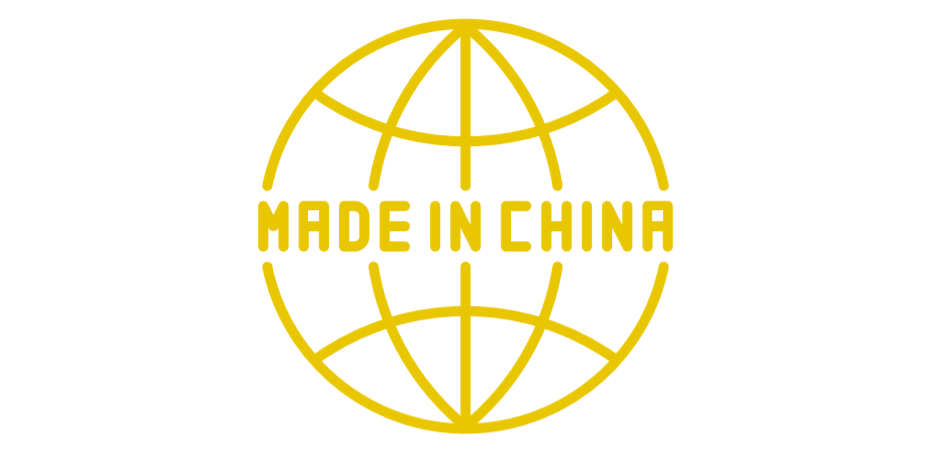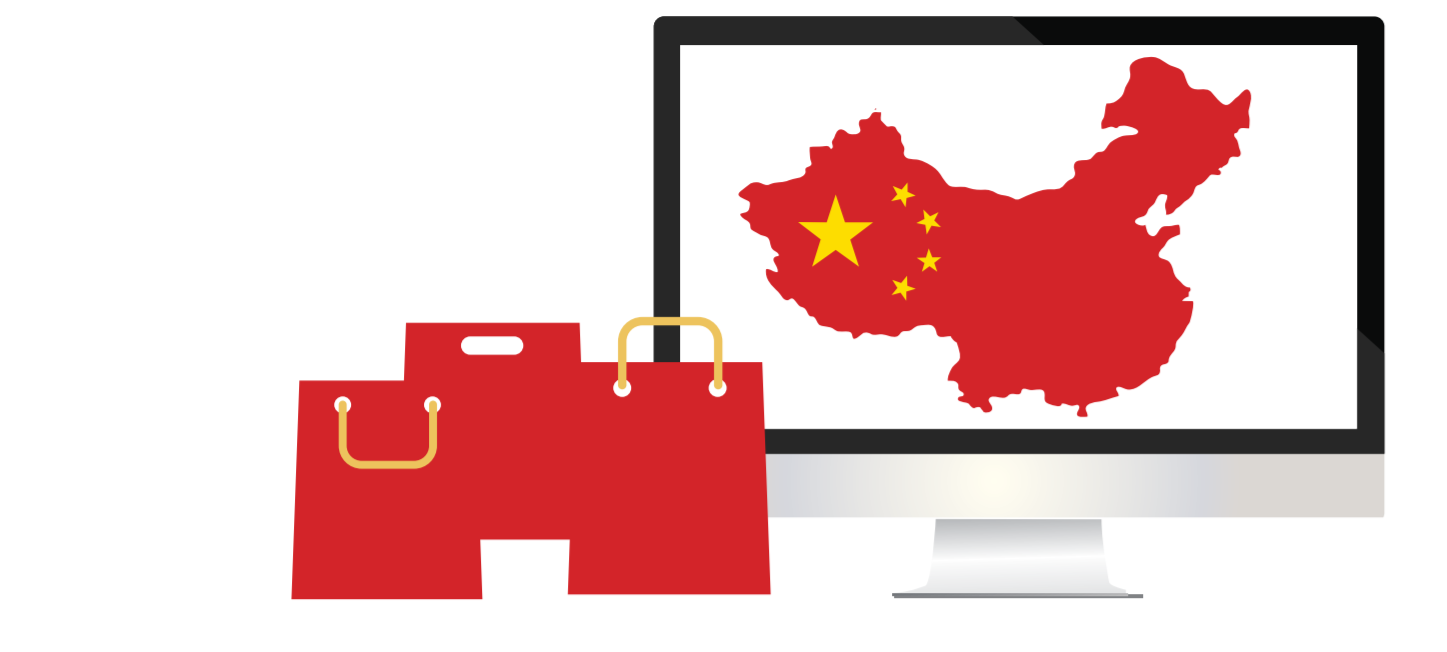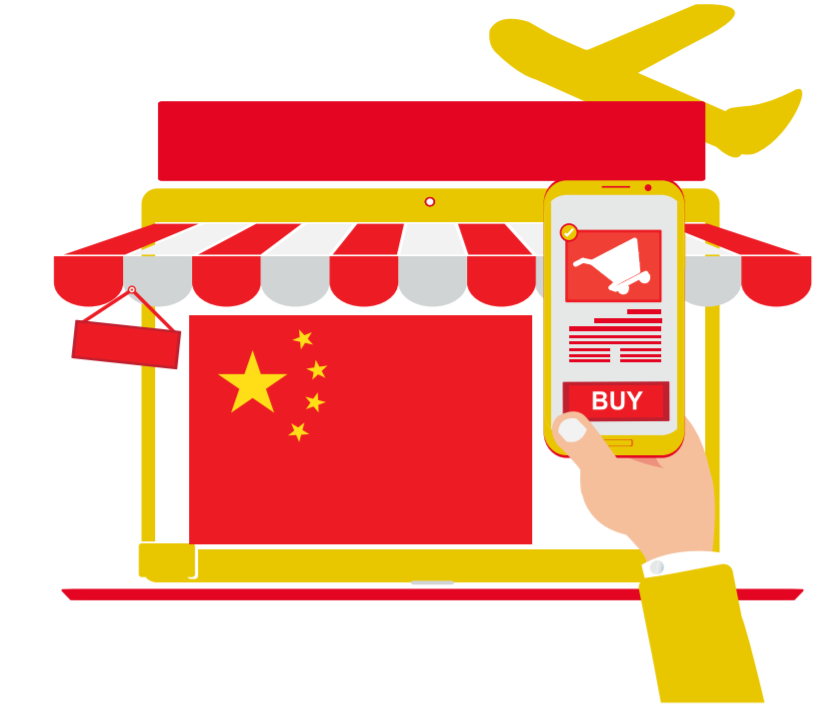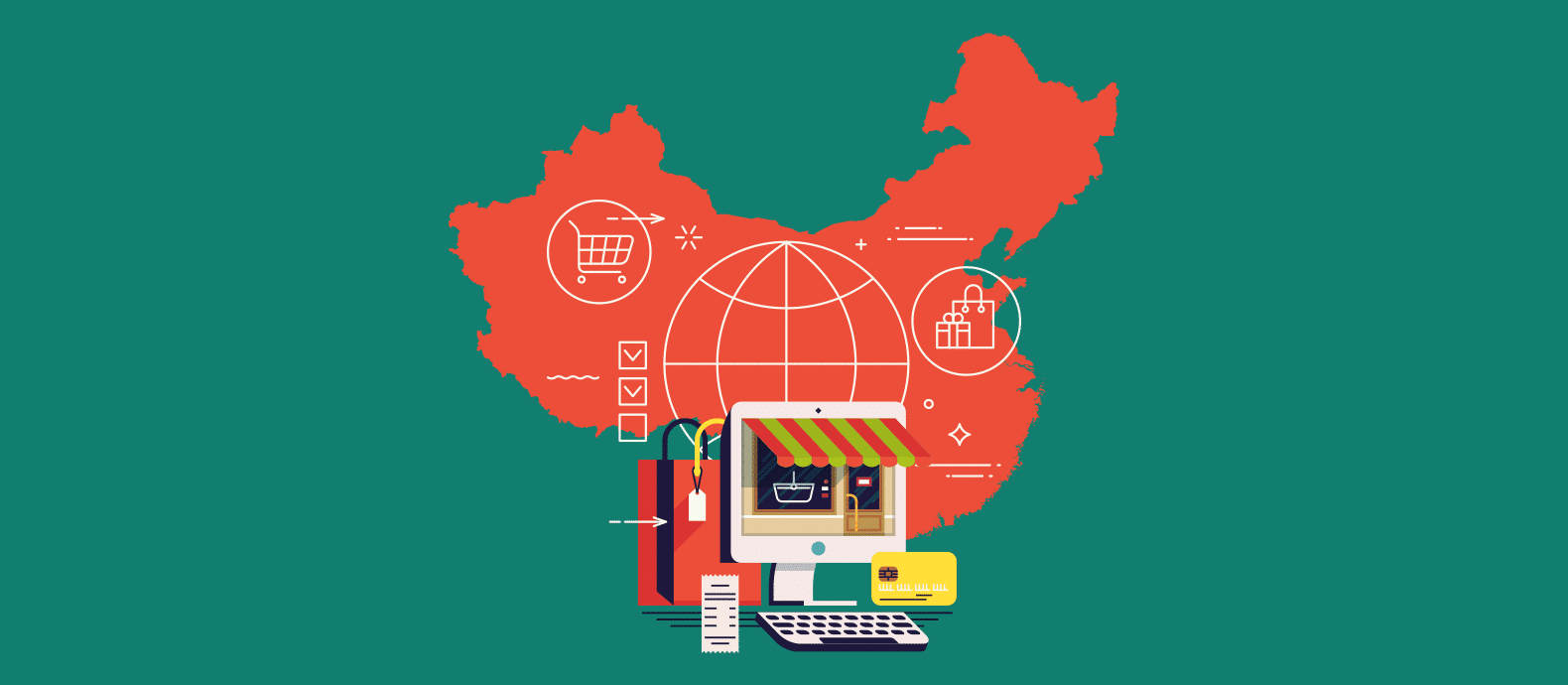Working with agents and distributors in China can be a great way to grow as a company – but there are plenty of potential pitfalls you need to look out for.
Given the language and cultural barriers for western companies in China, agents or partners are useful and improve efficiency when conducting business. An agent will act as your direct representative and is paid commission. Distributors, on the other hand, will buy your products and sell them on and make a profit from the difference.
The advantages of using an agent or distributor are numerous: it will reduce the cost of initiating business, be quicker than starting from scratch and you can access their network and insider knowledge.

However, there are also other factors to consider when selecting whether an agent or distributor is the right move for you. You should consider factors such as the increased cost to customers, as distributors may raise the price. This is important to consider if pricing is a critical part of your market penetration strategy. In addition to this, your in-country marketing may have to accept a slight loss of control of how and where your product is sold.
Finding a Distributor
To find an agent or distributor, there are several routes brands should consider. It’s unlikely any one route will provide the full extent of resources that brands need, so combining multiple sources and prioritising routes based on the needs of the company are recommended strategies.
TRADE FAIRS
This is one way to make lots of contacts in one visit to China. However, fairs are crowded, sales-focused and it can be hard to communicate more than a superficial understanding of your company. Additionally, contact after this is usually contained to phone calls and emails so it can be hard to build a good business relationship.
PURCHASED LIST OR BUSINESS AGENDA
Many consulting services will either sell you a list of distributors in your sector or will analyse your needs and provide a few recommended distributors for you. This can be expensive and largely depends on the quality of the output from the company.
PUBLIC LIST OR CHAMBER OF COMMERCE
Most domestic chambers of commerce will provide companies with a list of distributors within their sector and may already have some contacts with distributors. Other possible methods include direct networking in China or market research online.

How to Select a Distributor/Agent
There’s a number of questions brands need to ask themselves when deciding whether to go into business with distributors. The China-Britain Business Council also provides a useful checklist of things to consider before starting a business relationship with any entity in China. When conducting a background check, it is better to research the company using both English- and Chinese-language sources; there are a number of China-specific agencies that can provide comprehensive company evaluations.
So, consider the following questions when deciding on possible distributors:
Background
*Company size and ownership history (state or private)
*Size and calibre of sales force
*Previous client/customer feedback & trade/ banking references
Distribution channels
*Regional coverage
*Outlets covered and call frequency
*Adequate storage and transport facilities
Is this the right agent/distributor for you?
*Does the distributor have a history of representing products like yours?
*Do they stand to benefit from your product?
*Do they have any conflicts of interest, such as deals with competitors?
*Are they always easy to contact?
Business expert Laurel Delaney, goes further and offers a set of 50 questions for every business to ask distributors.

Distributor exclusivity agreements
Exclusivity agreements are used to separate distributors into different sales channels, ensuring that they don’t begin to directly compete with each other. These agreements are used to help both distributors and suppliers. Exclusivity allows distributors to operate secure in the knowledge that other distributors, selling the same product, don’t cross borders of sales territory or use an exclusive online sales channel. Suppliers are made happy knowing that, without this distributor hyper-competition, the prices of their products aren’t going to spiral ever-lower.
It’s very common for distributors to request exclusivity and if the offer is appealing it can be tempting to agree immediately, but it’s not something you should jump into without knowing the facts first, and the differences between types of exclusivity.
Geo-exclusivity
Geo-exclusivity agreements restrict distributors to certain geographical areas. Within a chosen area, a distributor is able to sell the products freely, but are contractually obligated not to cross borders: national, regional or otherwise.
Channel exclusivity
Channel exclusivity is similar to geo-exclusivity, but works with online rather than geographic boundaries. For example, a website for an ecommerce platform is typically hosted on a number extensions, largely based on geographical boundaries, like .co.uk for the United Kingdom, .de for Germany, and so. Channel exclusivity can also entirely restrict an ecommerce website from use. A high-end fashion company may want to totally prevent their items being sold on certain platforms, for reasons surrounding brand strategy.
Keeping control
China is fragmented; one distributor is unlikely to be able to reach all regions and you will likely lose control of your product pricing and placement if you cannot monitor distributors. Compare their offer to others, factoring in reporting capabilities and historic pricing and exclusivity compliance. If an offer is good and you give the chosen distributor exclusive rights, always create an “exit strategy”, either by providing targets or compliance conditions which if they don’t meet they lose the rights, or a simple time lapse.
So what happens when distributors don’t stick within their lanes? What are brands to do when their distributors start to sell on the wrong ecommerce channel, or when they drop their product prices online to well below those dictated in MAP policies? A technological solution is needed for brands to be able to comprehensively monitor the online actions of their distributors, so brands can enter future distribution negotiations with all the important information about how their products are being sold online.
Forming a WFOE
In order to make money inside of China, registration as a Wholly-Foreign Owned Enterprise (WFOE) is required, which allows for sole ownership of the company by foreign investors. WFOEs are complex, expensive and time-consuming to procure, but alternative options (such as setting up a joint business venture with a local) should be heavily scrutinised as they can often result in a loss of control over the company, capital and IP. For more information of how to set up a WFOE, take a look at the WFOE help articles on China Law Blog, or the book ‘China Briefing: Setting Up Wholly Foreign Owned Enterprises in China’ edited by Chris Devonshire-Ellis, which will provide some in-depth guidance.

Contracts
Contracts can be essential in avoiding mistakes and complexities when working overseas. Contracts will provide suppliers, distributors and partners with clear specifications and expectations. These contracts should also provide adequate grounding to seek compensation for non-compliance or a breach of terms. Chinese law expert Dan Harris writes extensively on Chinese contract law and provides some of the following information.
Stamping
While in the USA and Europe contracts are signed, in China it is far more important that the contract is stamped with the correct company seal. In China, the actual company representative who signs the document isn’t as important as the seal or stamp.
Non-Chinese Language Contracts
Chinese courts will enforce contracts in foreign languages, however in the event of a dispute, it would work in your favour to have the contract in Chinese. The best practice is to have the working contract written entirely in Chinese. If the contract is already signed, you can always request a new contract and translate it.
Distributors
In his blog Harris explains some of the problems that he encounters with distribution contracts. It is not uncommon for Chinese counterparts in joint ventures to claim that they hold the Chinese IP rights and that the law dictates this; however, this is not the case. There have been reports of Chinese partners claiming that it is an unwritten law, but there is no such law. No company should sign over their intellectual property on the basis that it is a legal requirement without consulting a respected legal expert in Chinese law, who speaks Mandarin (or the relevant Chinese language).
Distribution contracts are similar to those that companies use in the USA and EU, with some significant differences. Distribution contracts in the west usually protect a distributor to an extent in the case of termination. In China, there is no stipulation to have any such clause or protections for distributors, and so there is no requirement to compensate them in the event the contract is terminated. Therefore, it is not necessary to include contract terms that either limit or work around distributor protections.
It is advisable to add a further “no registration” provision in partner and distributor contracts. In this provision, the party agrees that you hold the exclusive rights to all IP and trademarks and that they will have no rights to that trademark in any shape or form. It should also include a stipulation that the party will not register any trademarks that relate to yours in any way. This acts as a further line of protection, with the first line having a nationally registered trademark.
Suppliers/Manufacturers
This guide is aimed at those who wish to sell in China; however, as so many businesses both sell and produce in China it is worth mentioning some of the more important aspects of production. Before any company begins a discussion with manufacturers, it is imperative that they protect their trade secrets or designs.
A common mistake is when companies use a standard Non-Disclosure Agreement (NDA). A standard NDA protects trade secrets from being revealed to the public. However, a Chinese company with access to trade secrets may not reveal them to the public but could use them for its own products. Any contract should stipulate that in no way is the distribution or production company permitted to use your information to produce goods and/or compete with you. NDA agreements are not enforceable in China, as trade secrets are protected under an NNN Agreement under Chinese law.

NNN agreements are an airtight NDA including “non-use, non-disclosure and non-circumvention”. Non-use prevents the producer from using your trade secret or idea to compete with you.
Non-disclosure covers the standard NDA terms, but you should include clauses that prevent disclosure of information within your partner’s “group”, that is, any individual inside their personal or professional circles. If someone from their group does violate the conditions of the contract, then the producer will be held fully liable.
This provision prevents disclosure of information (including designs and patent) to family members, subcontractors, other state-owned enterprises or sister companies. Non-circumvention prevents your producer from selling directly to the consumer and skipping your part in the businesses. It has a variable level of significance depending on the product.
The importance of local knowledge
The core point of this article, as well as our previous reports on Intellectual Property in China and Selling to China, is to stress the importance of understanding the difference in business culture between China and west. There is a world of difference that permeates deeply into social conventions, business norms and law, all of which make a huge impact on how international business relations work.
Educating yourself and your company about Chinese culture is a wise step to take if working with Chinese companies is part of your future plans. It makes sense for everyone involved to have, at least, a base level of understanding on how things work. Having said that, it’s always recommendable for companies in this situation to seek expert counsel from advisors with real experience of working with Chinese companies, and from respected sources of Chinese law.
The contents of this blog come from our free downloadable ebook, How To Sell In China







